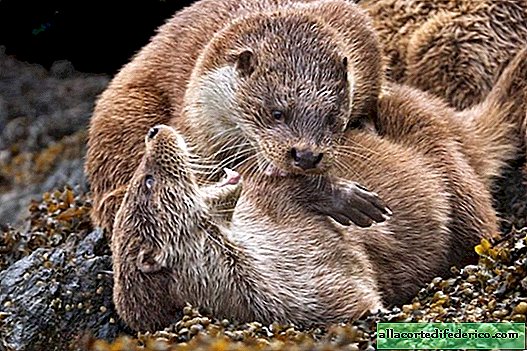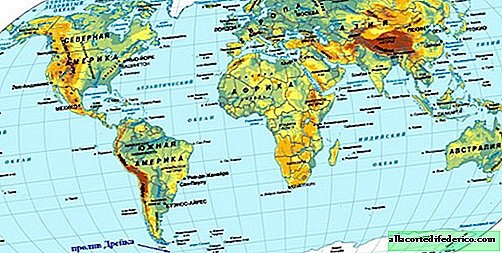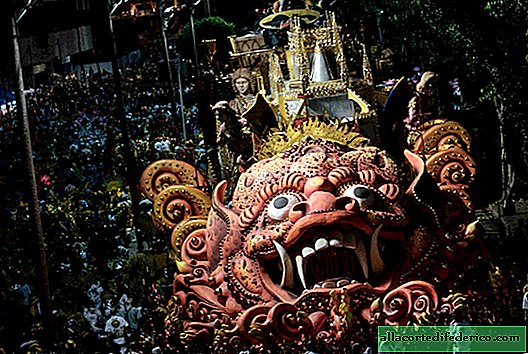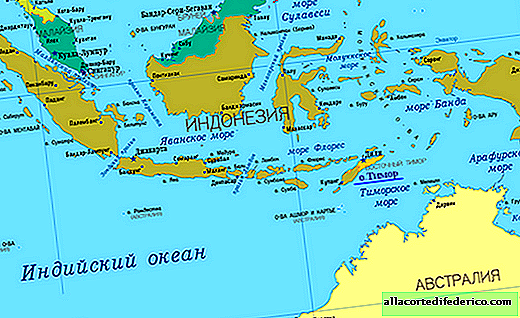New strains of bacteria that are resistant to antibiotics were discovered on the ISS
NASA experts conducted another study of pathogenic bacteria aboard the ISS and found that the microorganisms living there are resistant to modern antibiotics. Previously, similar organisms that the strongest drugs can not cope with have already been found in several countries around the world. True, microbiologists reassured by announcing that these species do not pose a threat to the health and life of astronauts, but on board the ISS there are specific conditions that can provoke any other mutation.

Microbiologists regularly monitor microorganisms living on the ISS. Of course, in the presence of cosmic radiation and in completely different terrestrial conditions, these species cannot exist, they got there with the astronauts. Specialists noted the presence of several strains of bacteria belonging to the species Enterobacter bugandensis, which are usually found in clinics and which can cause serious illness in people with weakened immune systems.

Studies have shown that at this stage, bacteria do not pose a threat to astronauts working on the ISS. But experts fear that, once in a new environment with a high content of carbon dioxide in the air, in the presence of cosmic radiation and with virtually no gravity, the strains may mutate. Microbiologists will continue to work on the identification of new types of microorganisms living inside the station, as well as the search for antibiotics that can cope with them.

















